Cable TV providers were dealt a pretty significant blow on Thursday, February 18th, 2016, when the Federal Communications Commission decided that customers should have a choice in what type of device they use to watch cable, instead of being forced to rent a set-top box.
This opens up the possibility that you'll be able to watch cable television live on devices like Amazon Fire TV, Roku, Apple TV, and Android TV.
In the near-term, these companies would probably engineer a coaxial jack onto their device to plug cable into. Part of the FCC proposal forces cable companies to provide channel and video-on-demand listings as well, so you theoretically would have the same access to that as you would on a rental box.
In the future, who knows. Some people think that your cable subscription will be stored on your Roku, etc., so that you can take it with you and watch live on any TV you plug into.
I'm a little more skeptical about that last part, considering the TV and internet come through the same cable, and providers will almost surely want to limit where you can watch so they don't lose subscribers to password-sharing.
The Cable Companies Respond
This sounds pretty exciting for us cord-cutters, but we might be getting a little ahead of ourselves. The proposed rules aren't official yet, and cable companies like Time Warner and Comcast are assembling a coalition to fight the FCC.
National Cable & Telecommunications Association CEO, Michael Powell, argues that these new rules will take five years or more to implement, and that it seems like most companies are moving toward airing their content on apps like HBO Now, Netflix, and Hulu.
Really, cable customers spend an average of $231 per year on box rental fees alone, and providers would hate to give that up. According to Massachusetts senator Edward Markey, cable providers could be collecting $19.5 billion or more per year on cable box rentals alone.
Cable companies say this FCC proposal will lead to increased subscription prices, which is probably true, because they'll want to make up that $20 billion somehow. "It's going to cost you more!" is a common threat from entrenched companies, and it's a pretty empty threat—it won't cost you anything if you refuse to pay it.
What Does This Mean?
This gets thrown around a lot, but some are once again saying that this is the "death of cable." And maybe it's the beginning of the end for cable television, but like I said, these companies are the ones giving us internet access as well, and that's probably not going away any time soon. Sure, Google Fiber is expanding (though I probably can't expect it here in Philly any time soon, or ever), but it's not even close to widespread enough yet to make much of an impact.
If cable TV subscriptions continue slipping, the providers will in all likelihood just jack up the price of your internet connection and keep giving you the same mediocre (at best) service.
The coalition against the FCC proposal says that its implementation would stymie innovation for cable TV.
"When is the last time that competition thwarted innovation rather than spurring innovation?" FCC Chairman Tom Wheeler said in defending the proposal. "I think that history shows that it is exactly the opposite of what happens in reality."
The cable companies still have so much control, and so much at stake in keeping it, that any competition created by this FCC proposal would compel the cable companies to ditch set-top boxes and create a new broadcast delivery method that they can control.
Cable is still very much alive, so we shouldn't start celebrating like we've slain the beast yet.
Cover image via Mr.TinDC/Flickr





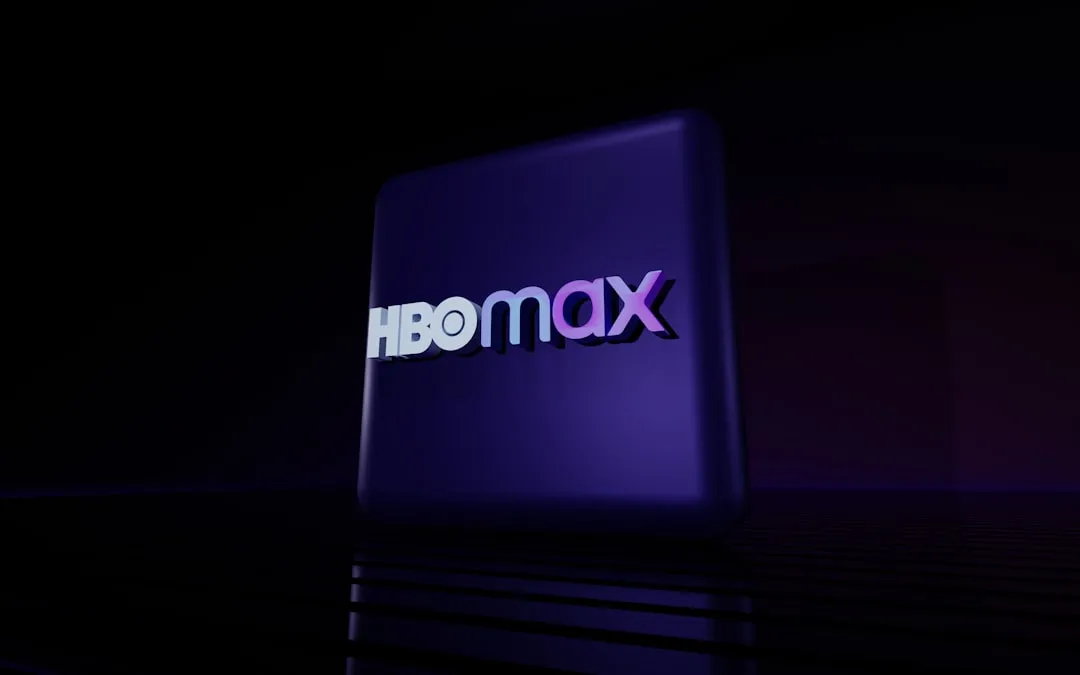
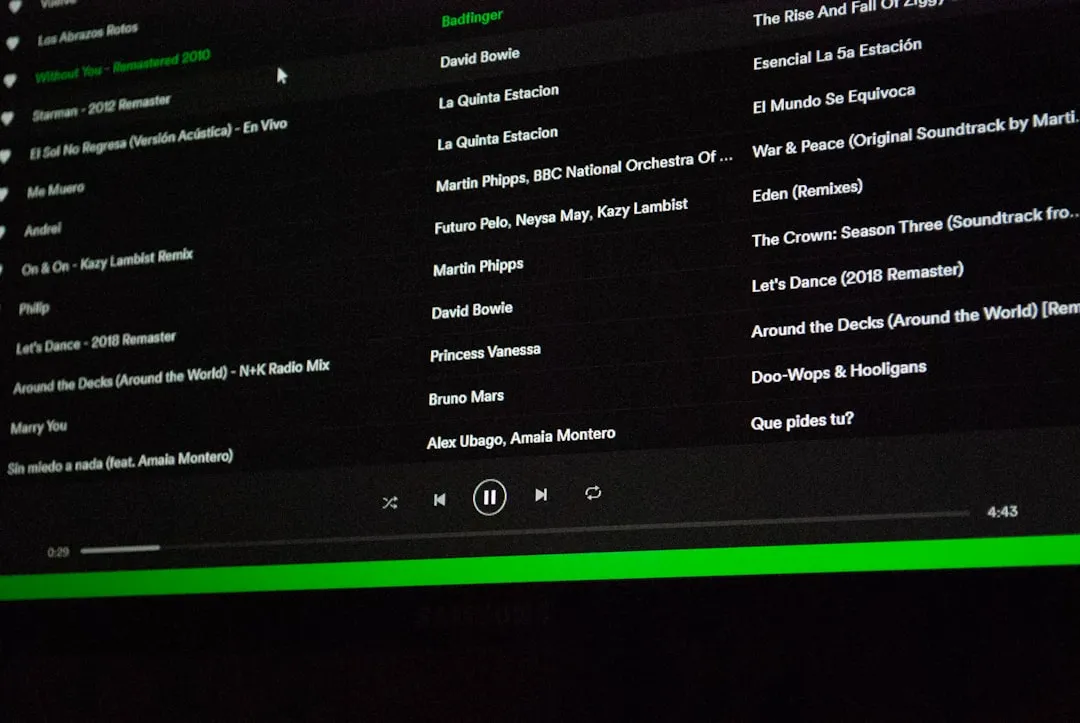
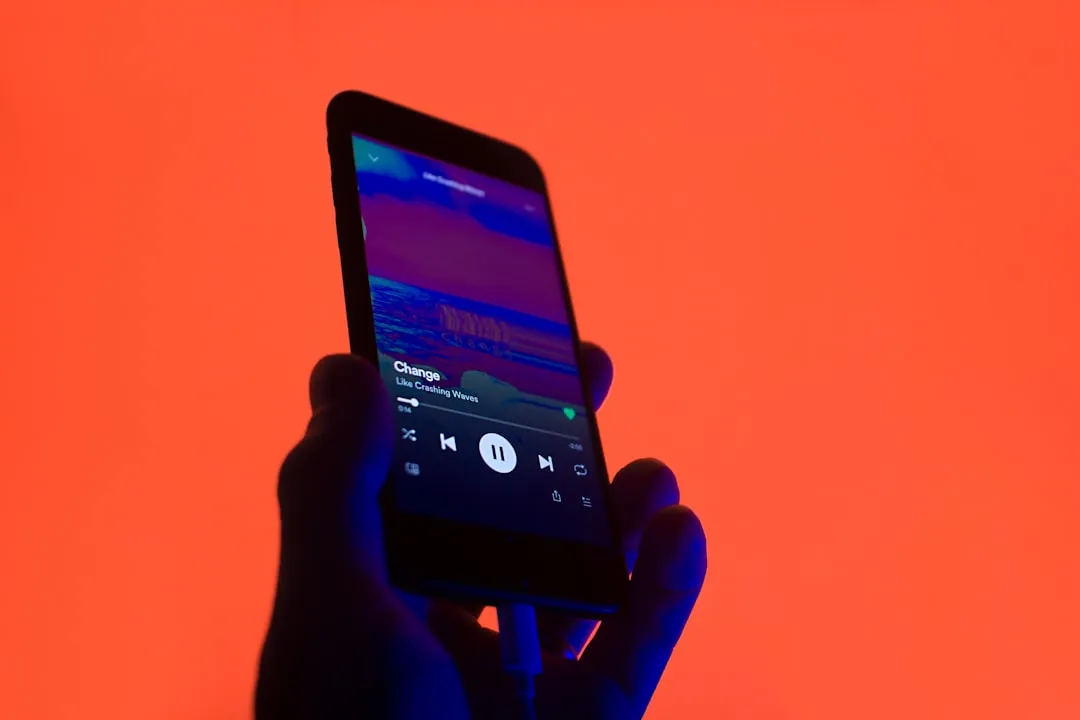
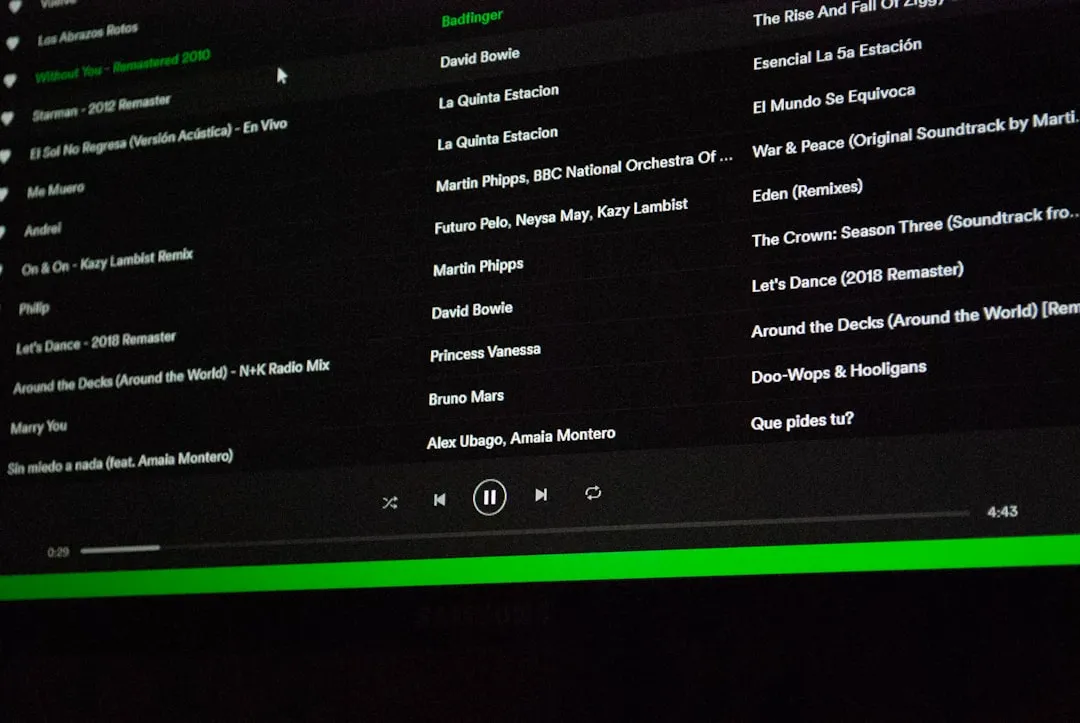
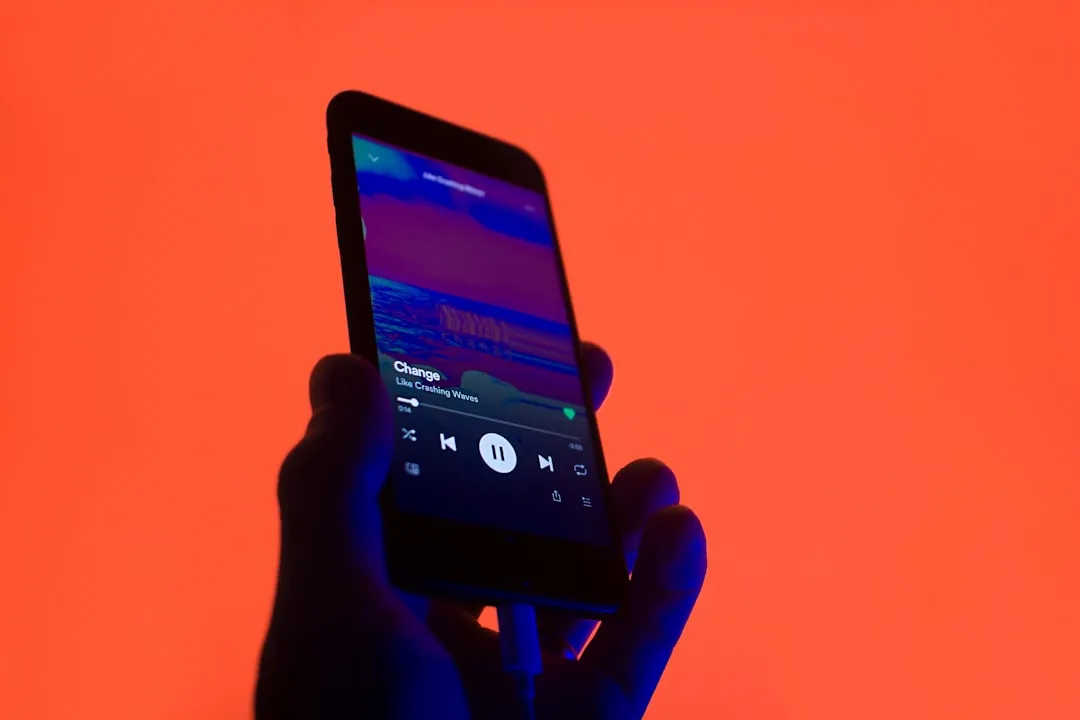
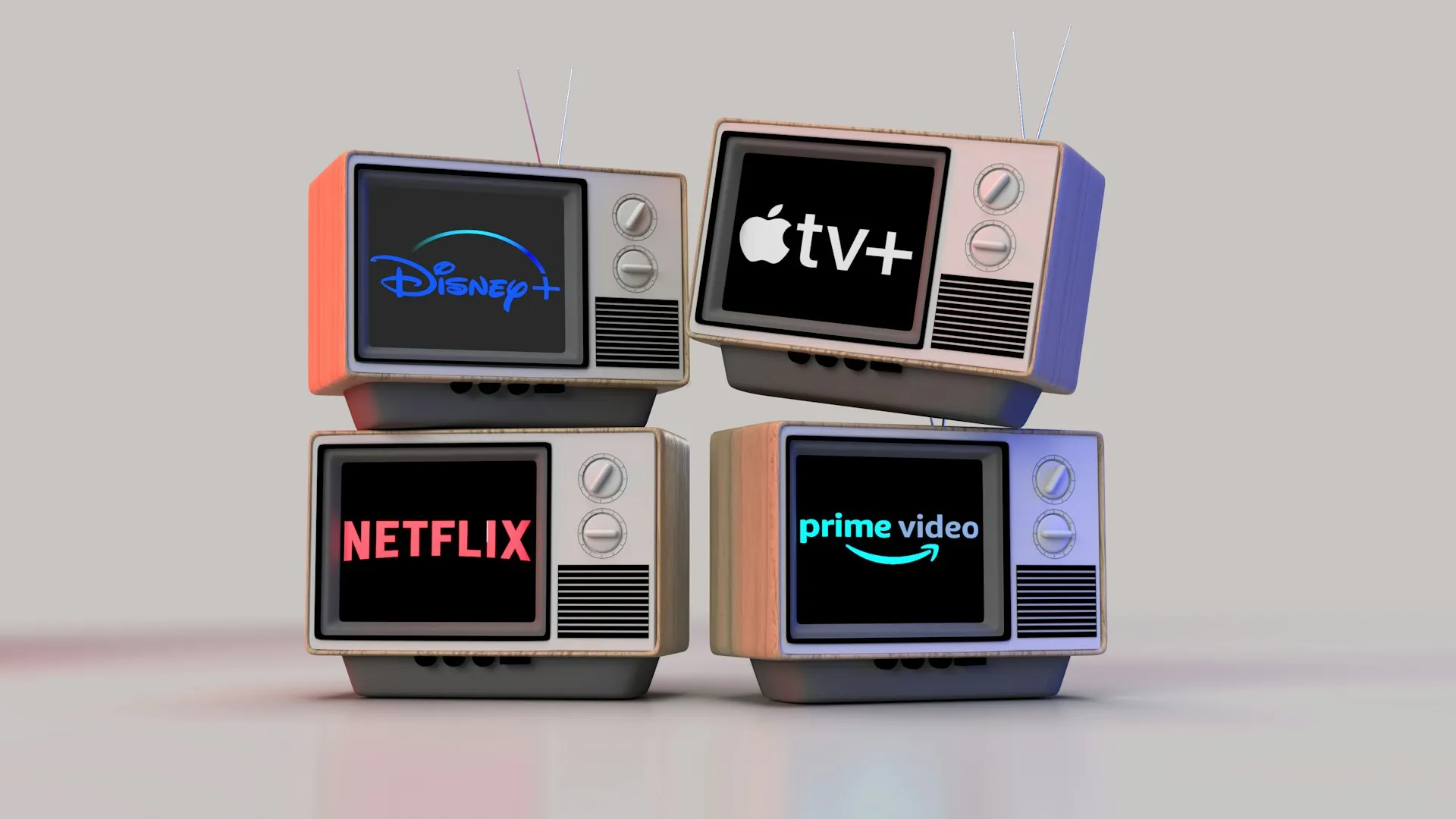
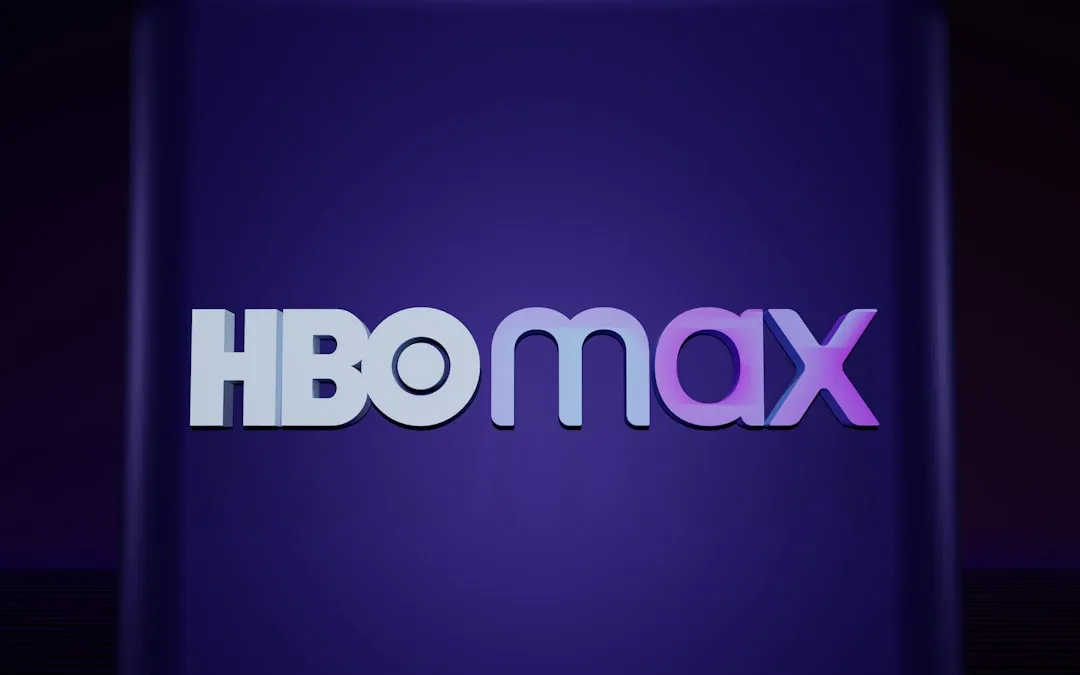

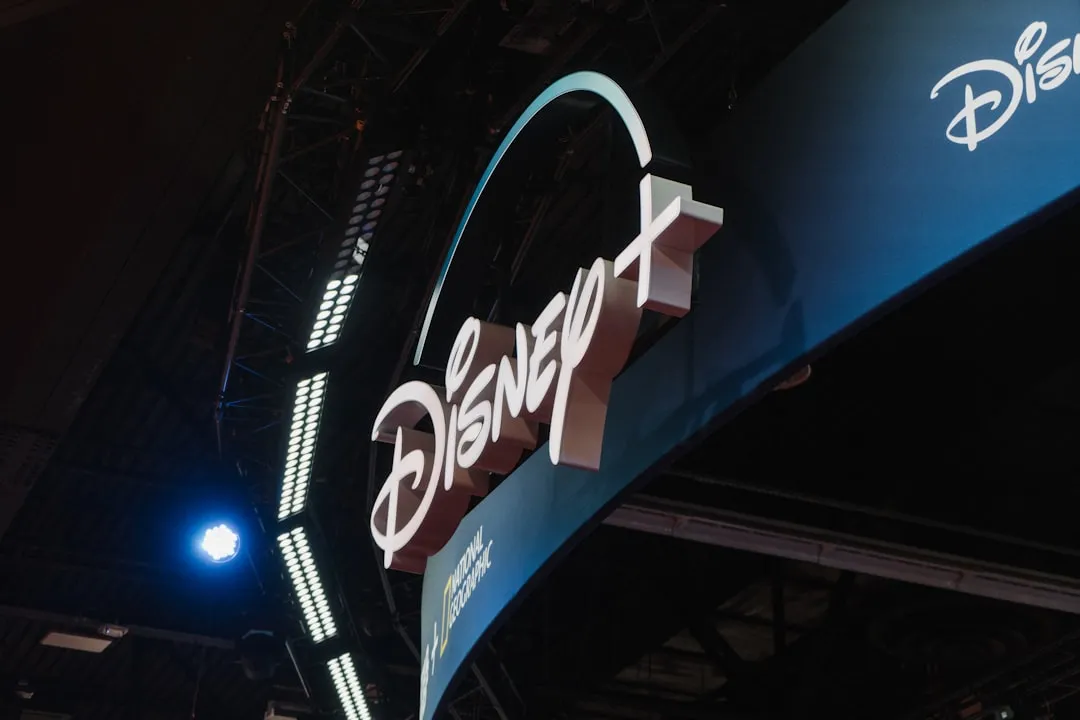



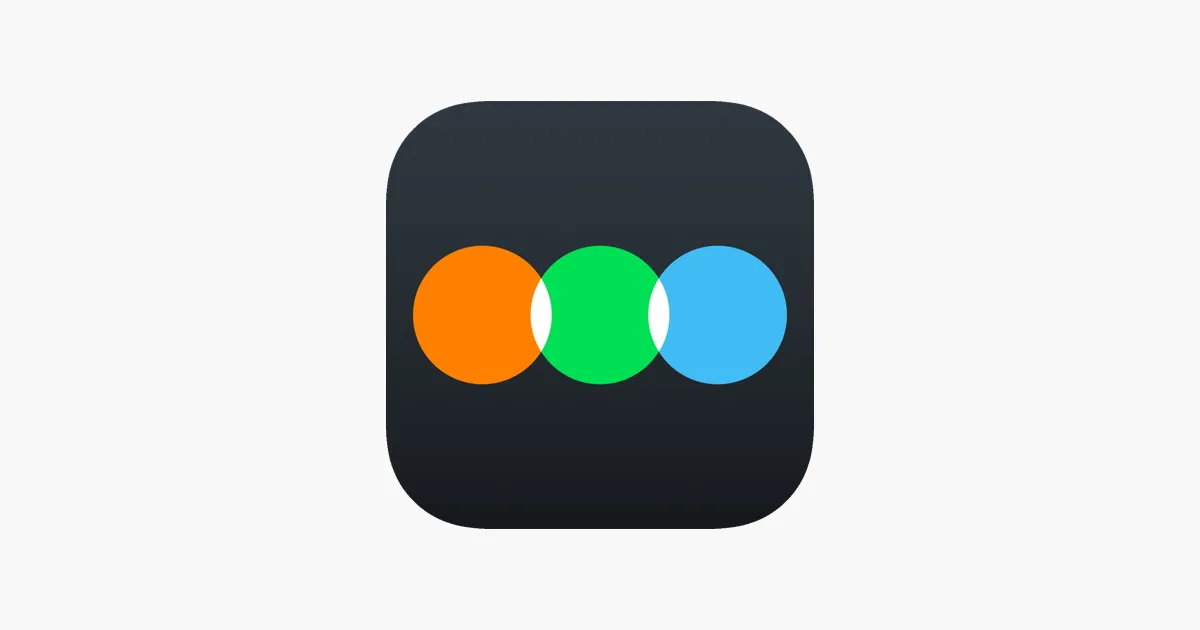
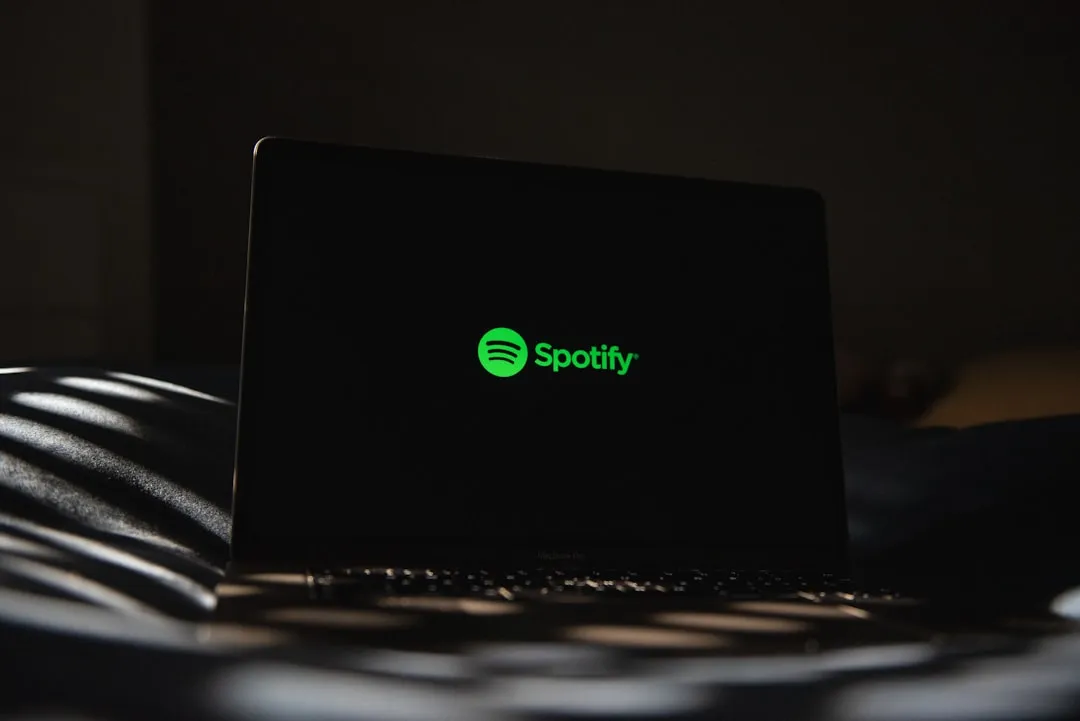
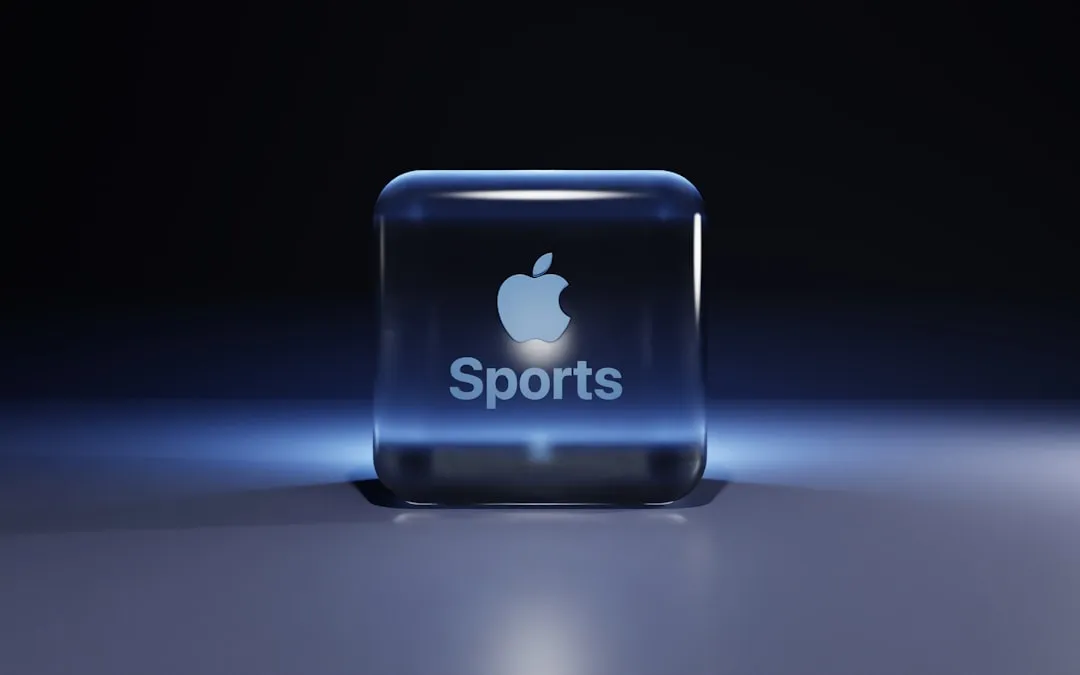

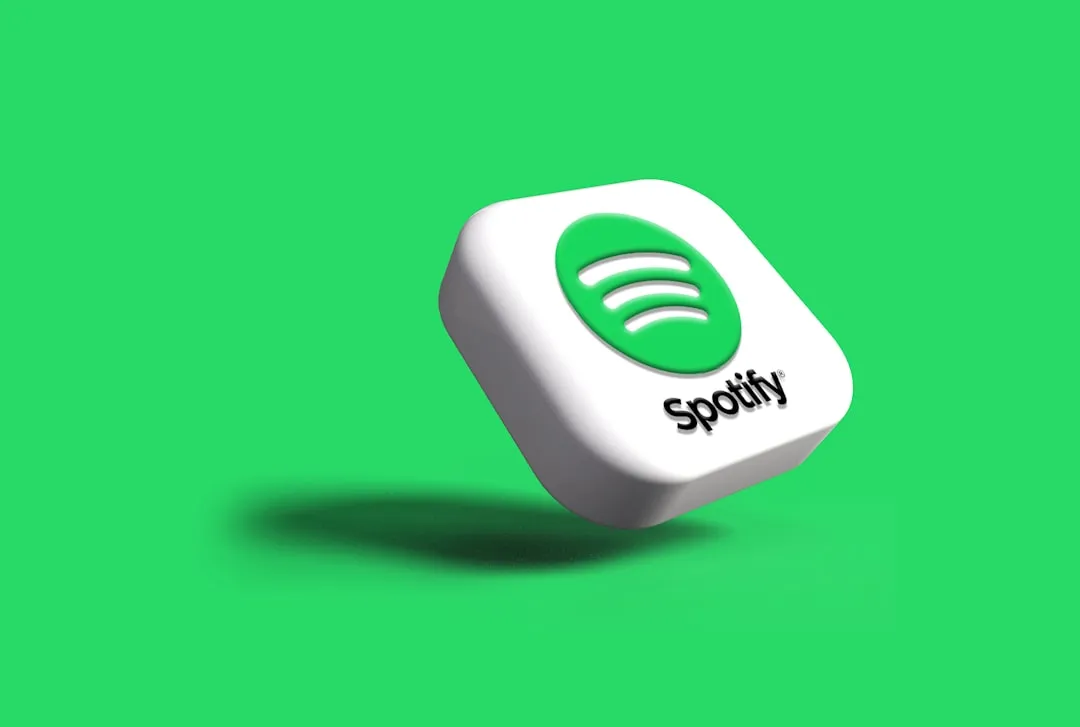
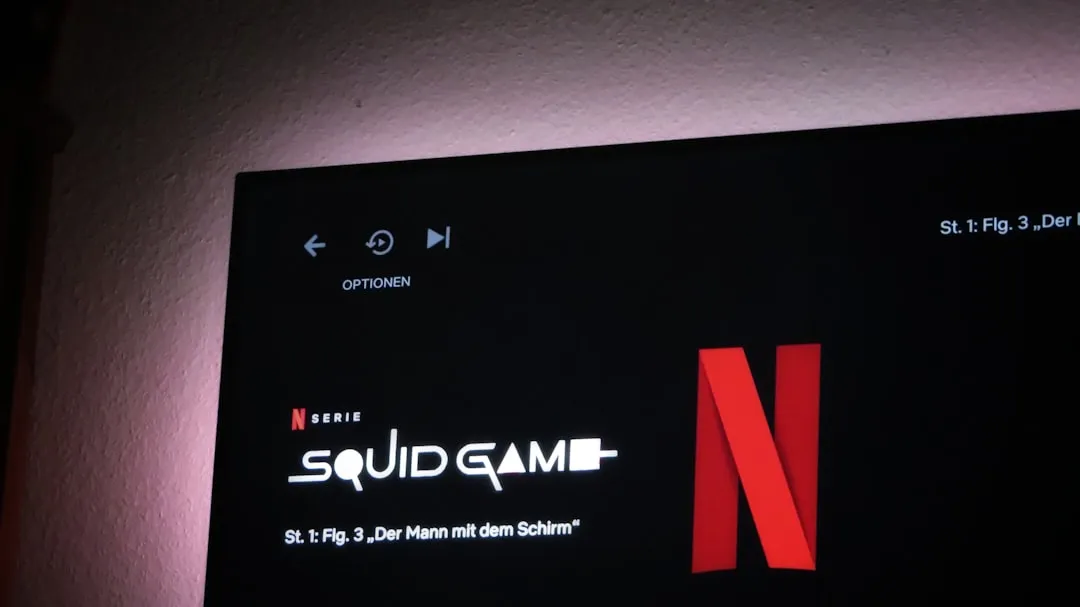
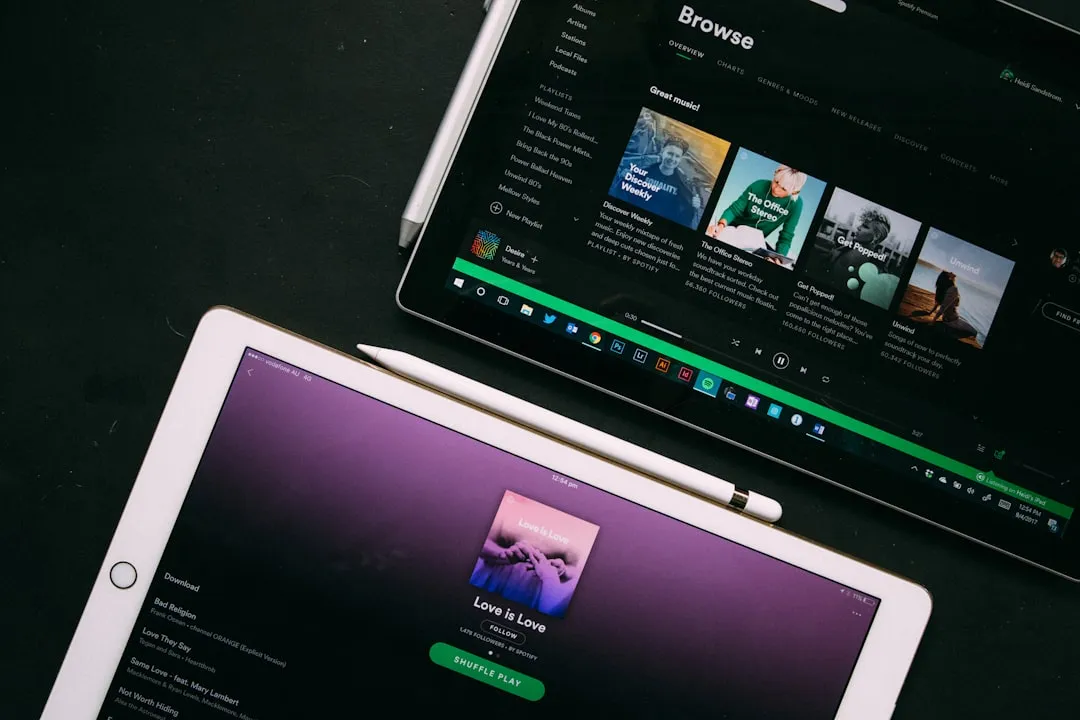
Comments
Be the first, drop a comment!